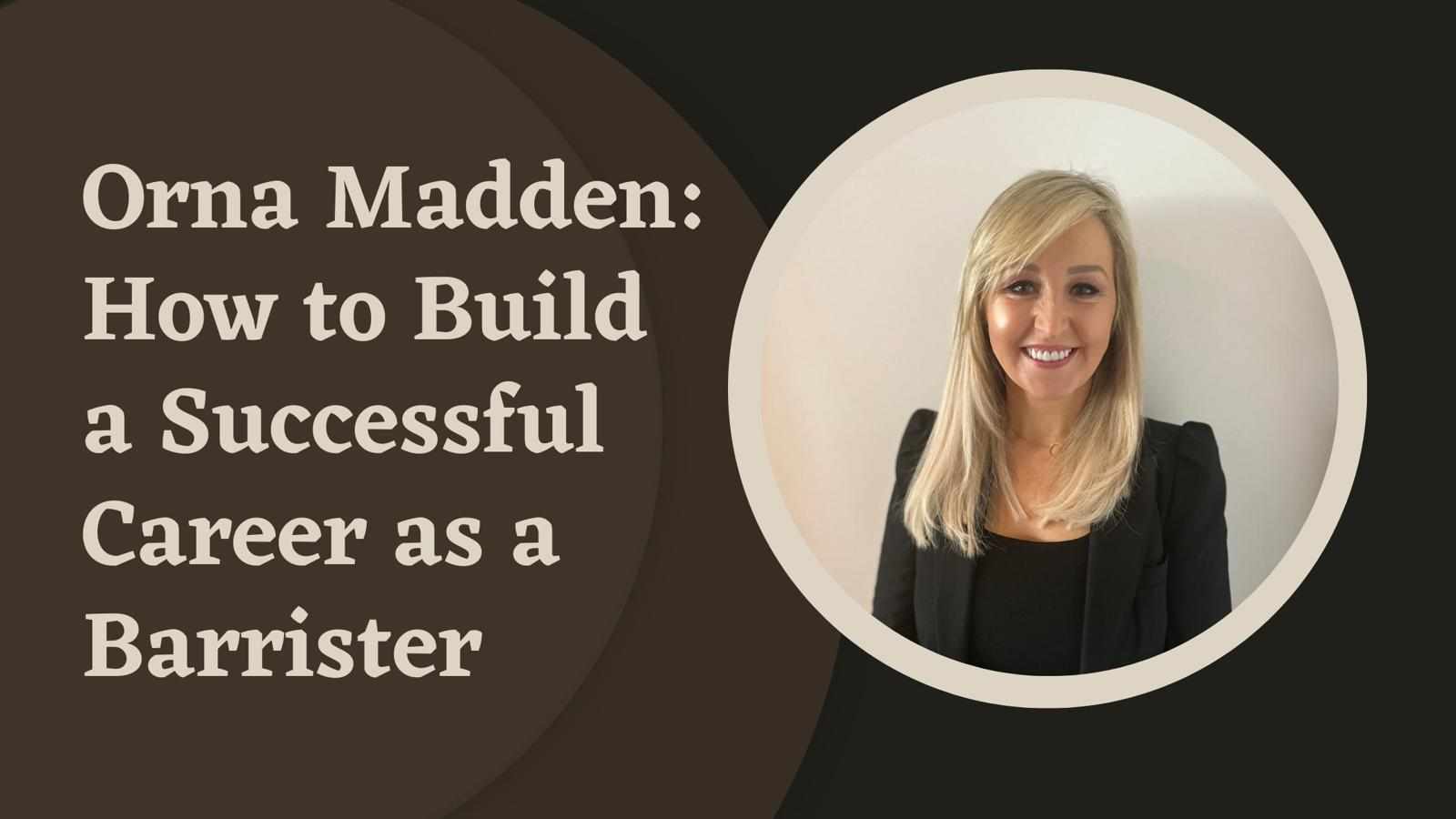
Family law cases are often emotionally charged and complicated. Whether it's a divorce, child custody battle, or asset division, the role of a barrister is crucial in ensuring a fair and just outcome. In this article, Orna Madden explains why barristers are so important in family law cases and how their expertise can significantly affect the result of a case.
What Is the Role of a Barrister in Family Law?
Barristers are legal professionals who specialize in representing clients in court. While solicitors handle the preparation and advice for a case, barristers are the ones who present the case in front of a judge. In family law, the involvement of a barrister can make a big difference. Orna Madden highlights that barristers play a key role in advocating for their clients, ensuring that every detail of the case is addressed, and that clients are well-represented in court.
Expertise in Family Law Cases
Family law can be tricky because it involves personal matters that can have long-lasting effects. From child custody to property settlements, the decisions made in family law cases often shape the future of the people involved. Orna Madden explains that barristers bring valuable expertise to these cases. They are familiar with family law, case laws, and recent legal updates, allowing them to provide the best advice and represent their clients effectively.
Barristers are skilled at understanding the law and applying it to each case, making sure that the client’s interests are protected. Orna Madden stresses that having a barrister who specializes in family law is essential because they know how to navigate the complexities of these cases.
Effective Representation in Court
Family law cases often involve tense situations, and emotions can run high. It’s easy for people to become overwhelmed by the stress of the situation. This is where the expertise of a barrister becomes invaluable. Orna Madden points out that barristers know how to stay calm and present a clear and persuasive argument in court, no matter how emotional the case may be.
One of the key skills of a barrister is cross-examining witnesses. In family law cases, this is especially important, as the testimony of witnesses can greatly impact the outcome. Barristers are trained to ask the right questions, look for contradictions, and ensure that their client’s case is put forth in the strongest possible way.
Providing Legal and Emotional Support
Family law cases can be emotionally draining, and clients often need more than just legal advice—they need support. Orna Madden highlights that barristers play a role in offering emotional guidance during difficult times. Whether it's a divorce or a child custody case, having a barrister who understands the emotional challenges of family law can make the process less overwhelming.
Barristers not only help clients with legal advice but also give them peace of mind. Orna Madden explains that knowing their case is in capable hands can provide clients with a sense of comfort during a stressful time. Barristers help clients stay focused on what’s best for them and their family, ensuring that emotions don’t cloud their judgment.
Conclusion: Why Barristers Are Essential in Family Law Cases
In conclusion, Orna Madden makes it clear that barristers are essential in family law cases. Their expertise, advocacy skills, and ability to navigate the emotional aspects of family law make them an invaluable asset in ensuring the best possible outcome for clients. Whether it’s providing expert legal advice or representing clients in court, barristers play a critical role in family law.
If you are facing a family law issue, seeking the assistance of a skilled barrister, like Orna Madden, can be the key to a successful resolution. With their knowledge and support, you’ll have the best chance of achieving a fair outcome.
















Write a comment ...